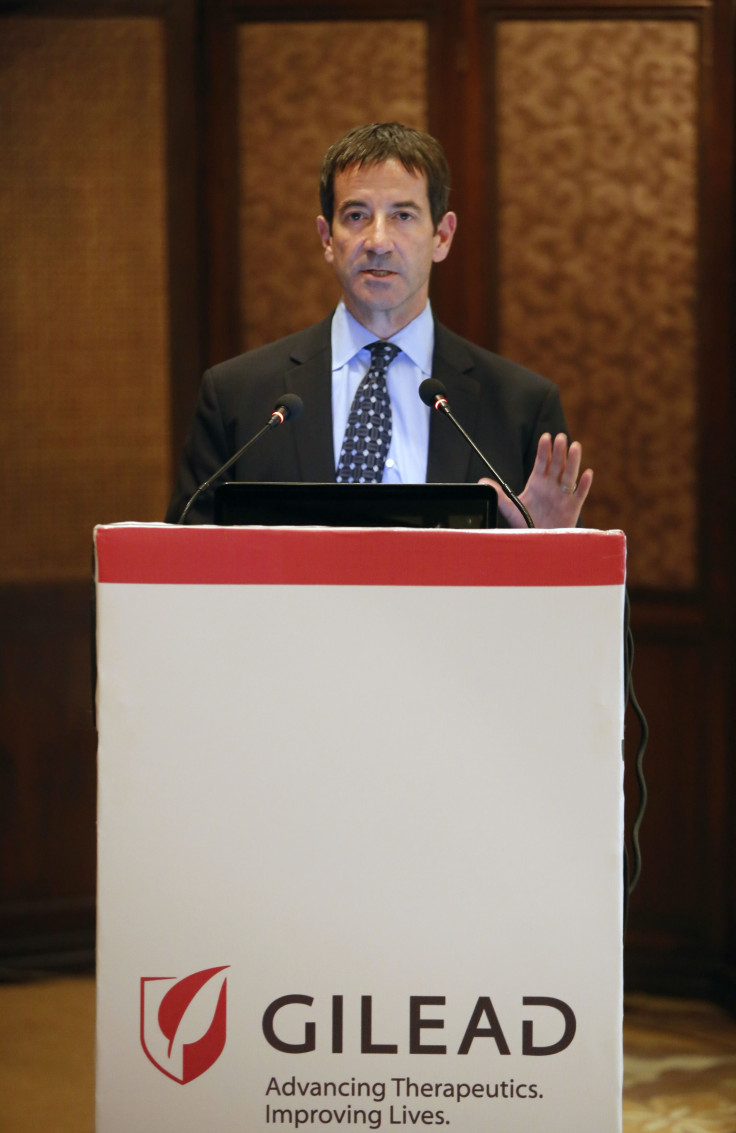Gilead Faces Challenge For Hepatitis C Drug Patent

Gilead is facing a challenge to its hepatitis C drug in Europe. A medical aid is challenging its patent for the popular drug Sovaldi on claims that Gilead is abusing its patent by charging an exorbitant price for the drug, making it inaccessible to many patients.
Medicins du Monde, the charity that has challenged the drug patent, says that the nearly $50,000 cost is out of reach for most patients in Europe. Between 7.3 and 8.8 million people are believed to be infected with hepatitis C in Europe. The director of Medicins du Monde said that even in a wealthy country like France, with an annual medicines budget of $30 billion, the cost is not easy to meet.
This is not the first time that the Sovaldi price tag has been challenged. Recently, in India, a non-profit and a generic drug maker teamed up to challenge the Sovaldi patent, saying that the drug was not a significant improvement over a compound developed earlier by another company. The same non-profit that made the challenge in India, the Initiative for Medicines, Access & Knowledge, is advising Medicins du Monde as well.
In the United States, the treatment costs $84,000 for 12 weeks, or $1,000 a pill. About 3.2 million people are infected with hepatitis C in the United States. In England, the health system is postponing availability of the drug for most hepatitis C patients until the end of July, a delay that is believed to be tied to the cost of the drug. Gilead has claimed that Sovaldi has a cure rate exceeding 90 per cent and that the cost is cheaper than treating hepatitis C complications through hospitalisation and liver transplants.
Gilead has also tried to offer discounts and licensing deals with seven large generic drug makers. Gilead began selling a newer treatment called Harvoni, just as rival drugmaker AbbVie started marketing its own medication for hepatitis C. In a price war that ensued, Gilead has increased its discounts from 22 per cent to 46 per cent. Analysts believe that the non-profit challenging the drug Sovaldi should target Harvoni instead as this drug is likely to replace Sovaldi as the more widely used treatment.
To contact the writer, email: sonali.raj@gmail.com





















